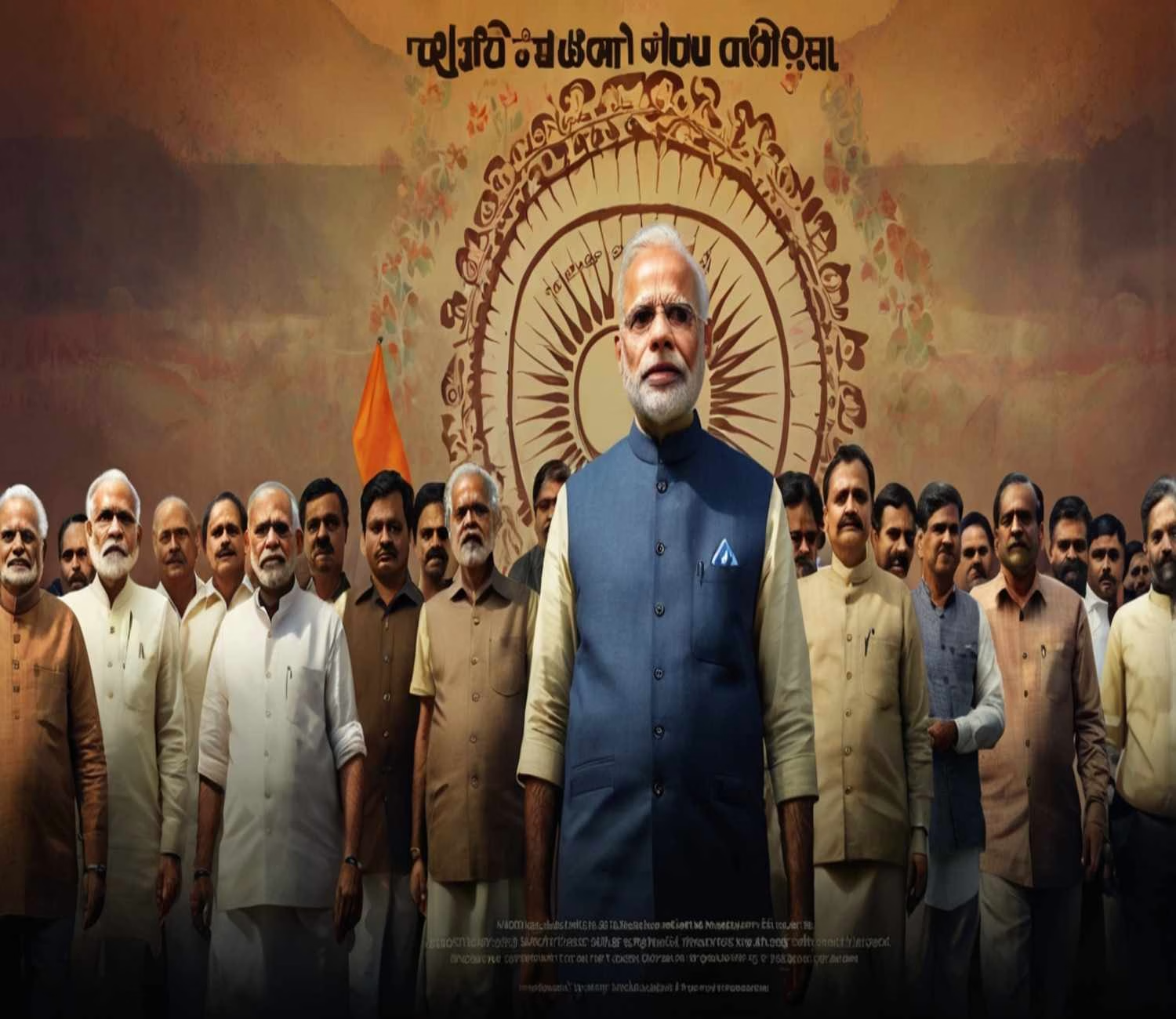
Published on: April 30, 2025 By: [Indiaprimetv.com Devender Singh ] Union Minister Ashwini Vaishnaw recently emphasized the government’s commitment to digitally enabled, secure census processes while addressing queries on caste-based enumeration in India. While stopping short of directly confirming a national caste census, Vaishnaw underlined the importance of AI-powered infrastructure, data privacy, and smart population mapping tools—signaling a tech-driven path forward for India’s most contentious demographic demand. As the debate over a caste census in India intensifies, this article unpacks its history, need, digital future, political stakes, and what it could mean for upcoming 2024–2025 elections.
Will India Finally Conduct a Caste Census?
What Ashwini Vaishnaw Said: Digital India and Future-Ready Census
Ashwini Vaishnaw, India’s Minister for Electronics & IT, recently highlighted efforts to:
Modernize the census with digital enumeration tools
Build secure infrastructure for real-time demographic analysis
Ensure privacy-compliant, tech-enabled governance
Though not directly addressing the caste census, his remarks show the government’s focus on using AI, data lakes, and secure cloud systems for population-related projects, including potentially caste-based data.
The Political Controversy Over Caste Census
The caste census has become a national political issue, with various parties and states pushing for or against it:
Bihar conducted its own caste-based survey in 2023, reigniting nationwide demand.
The Congress, SP, RJD, and JD(U) want a national caste census to expand OBC quotas.
The BJP remains cautious, citing data challenges and national cohesion concerns.
What Is the Caste Census in India?
A caste census refers to the systematic collection of data on castes, especially Other Backward Classes (OBCs), Scheduled Castes (SCs), and Scheduled Tribes (STs). The aim is to determine their actual population strength and socio-economic status.
The last full caste-based census was conducted in 1931.
The SECC 2011 collected caste data but was never officially published due to “data inconsistencies.”
Growing political pressure, especially from regional parties, has revived calls for a comprehensive caste census in 2025.
Home & Kitchen Tips
Instant Pot Duo 7-in-1 Electric Pressure Cooker
“From frozen to fabulous in minutes!”Dyson V11 Torque Drive Cordless Vacuum Cleaner
“Powerful clean, cordless freedom.”Philips Hue White and Color Ambiance Starter Kit
“Paint your home with light.”
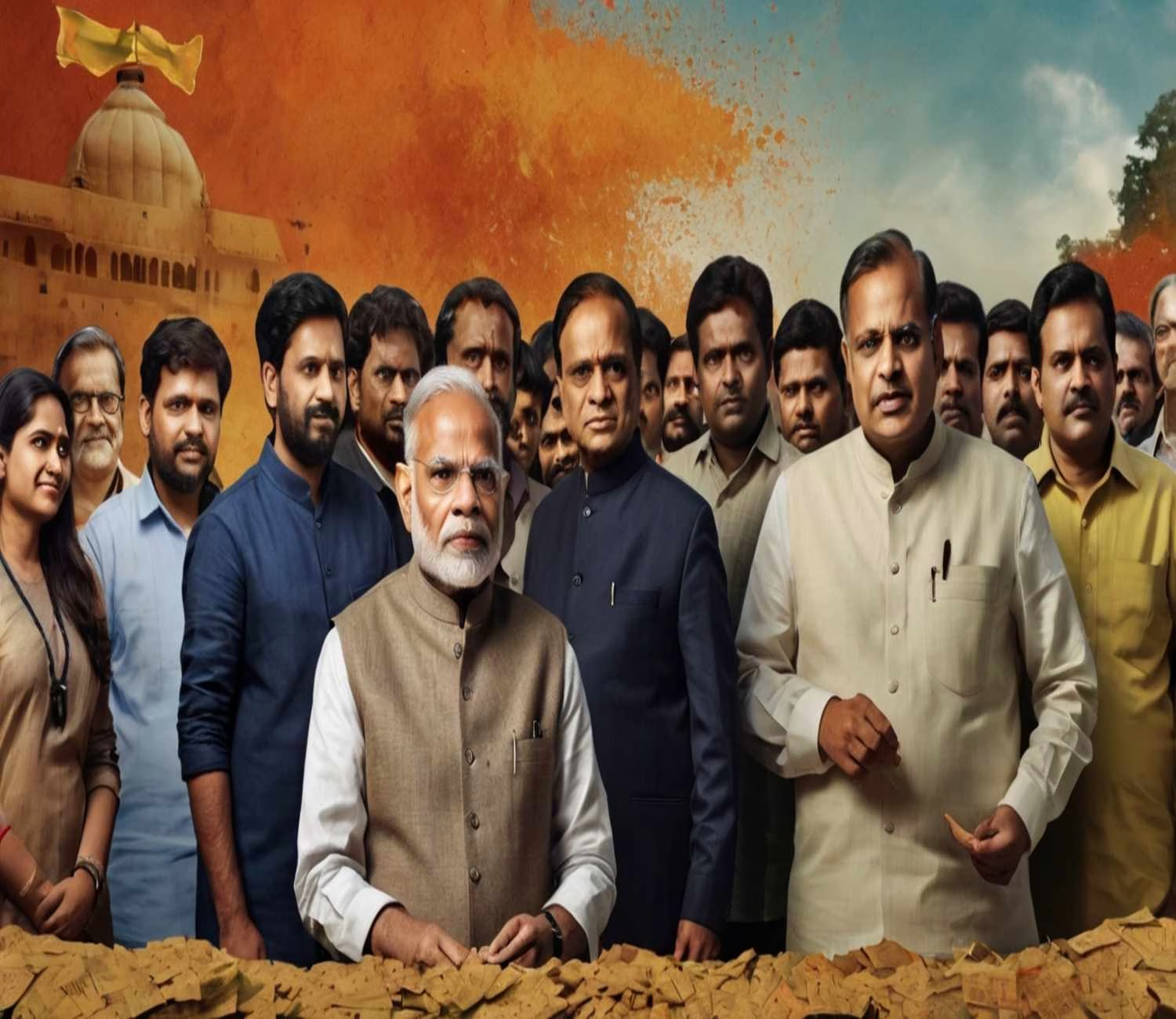
General Census vs Caste Census: Understanding the Difference
The decadal population census records general data such as age, gender, religion, and literacy—excluding caste (except for SCs/STs).
A caste census, however:
Identifies the population share of OBCs, EBCs, and other communities
Informs reservation policies and affirmative action
Helps governments allocate resources equitably based on real data
Suggestion of Electronics & Gadgets
Echo Dot (4th Gen) Smart Speaker with Alexa
“Your voice, your command.”Kindle Paperwhite – Waterproof eReader
“Dive into stories, rain or shine.”Anker PowerCore 10000 Portable Charger
“Power in your pocket.”
Why India Needs a Caste Census
Advocates argue that an accurate caste census will:
Reveal true OBC population numbers
Help tailor welfare programs to underrepresented groups
Ensure fair political representation and budgeting
Critics, however, warn of:
Caste-based polarization
Identity politics overshadowing development
Risk of misuse of sensitive caste data
Impact on 2024–2025 Elections
🔹 A Key Electoral Tool
Caste census is becoming a central electoral promise, especially in Uttar Pradesh, Bihar, Maharashtra, and other Hindi heartland states.
Parties are aligning their OBC outreach based on caste census demands.
Bihar’s caste survey has set a precedent for others, pushing the central government into a corner.
🔹 BJP’s Balancing Act
BJP’s digital-first approach (highlighted by Ashwini Vaishnaw) avoids direct caste commitments but offers a development + governance narrative.
However, regional caste alliances could weaken BJP’s dominance in non-urban belts.
Tips for Health & Personal Care
Fitbit Charge 5 Advanced Fitness Tracker
“Track your way to a healthier you.”Theragun Mini Portable Muscle Treatment Massage Gun
“Relief that goes wherever you go.”Oral-B Pro 1000 Electric Toothbrush
“A dentist-clean feel every day.”
What Lies Ahead: Future of the Caste Census Debate
🔸 Digital-First Census by 2025?
Ashwini Vaishnaw’s push for digital tools, AI analytics, and data privacy frameworks could support a tech-driven caste census—if approved politically.
🔸 Rise of Sub-Caste Politics
With clearer data, smaller OBC groups may demand sub-reservations or dedicated schemes.
This could lead to new caste coalitions, reshaping India’s political landscape.
🔸 Constitutional and Legal Battles
A national caste census may trigger a demand to raise the 50% reservation cap, challenging the Indra Sawhney ruling and potentially requiring a constitutional amendment.
Conclusion: Digital Census, Political Stakes, and a Changing India
The demand for a caste census in India reflects the deep-rooted quest for equality and visibility among historically underrepresented groups. While Ashwini Vaishnaw champions a future-ready, digital, privacy-compliant census architecture, the political, social, and legal implications of caste data remain deeply complex. As India moves toward the 2024 Lok Sabha elections and possibly a 2025 digital census, the battle over caste data will only grow louder—shaping how the nation defines justice, development, and democracy in the digital age.
Gaming & Entertainment
Nintendo Switch Console
“Play anywhere, anytime, with anyone.”Sony WH-1000XM4 Wireless Noise-Canceling Headphones
“Silence the world, hear every detail.”Fire TV Stick 4K Streaming Device
“Your favorite shows, one click away.”
What is seraching at google
1. What is the caste census in India?
Answer: The caste census refers to the process of collecting data on the caste identity of individuals in the population. This helps determine the size of different caste groups, particularly Other Backward Classes (OBCs), Scheduled Castes (SCs), and Scheduled Tribes (STs). The data aids in policy formulation, including reservation schemes and welfare programs.
2. Why is there a demand for a caste census in India?
Answer: The demand for a caste census stems from the need for accurate data on caste demographics. Advocates argue that it will help in better policy formulation, resource allocation, and more inclusive development for historically marginalized communities. It also addresses the growing concerns of reservation and affirmative action.
3. When was the last caste census conducted in India?
Answer: The last full caste census was conducted in 1931. The Socio-Economic Caste Census (SECC) 2011 attempted to collect caste data but was never officially released due to data concerns and inconsistencies.
4. Who supports and opposes the caste census?
Answer:
Supporters: Many regional parties, such as JD(U), RJD, Congress, and some OBC groups, strongly support a caste census. They argue it will ensure equal representation and help expand reservations to the appropriate groups.
Opponents: Some factions, particularly in the BJP, express concerns about data privacy, identity-based politics, and the potential polarization it could create. Some also argue that caste should not dominate Indian politics, focusing more on economic-based reservations.
5. How will a caste census impact elections in India?
Answer: A caste census could significantly impact elections by reshaping political strategies. Parties may use caste-based data to align with specific caste groups for vote banks. For example, OBCs and SCs/STs may become central to electoral campaigns, especially in states like Bihar, Uttar Pradesh, and Maharashtra, where caste dynamics are crucial.
6. What role does Ashwini Vaishnaw play in the caste census debate?
Answer: Ashwini Vaishnaw, the Minister for Electronics and Information Technology, has advocated for digitalization of census data collection to ensure accuracy and security. While he hasn’t directly endorsed a caste-based census, he has pushed for a digital census in general, emphasizing the need for AI-based tools and privacy-compliant frameworks to handle sensitive data.
7. What are the potential benefits of conducting a caste census?
Answer: Accurate data: Helps in determining the true population size of different caste groups.
Policy making: Aids in formulating more effective welfare programs and targeted affirmative actions.
Resource allocation: Ensures that benefits reach the right communities, especially marginalized groups.
8. What are the challenges or risks associated with the caste census?
Answer: Polarization: Caste-based data could lead to greater identity politics, dividing society further.
Data privacy: Concerns over how sensitive caste data will be managed, stored, and accessed.
Legal and constitutional hurdles: The census could challenge existing reservation caps and require amendments to the Indian Constitution.
9. Will the caste census be a part of the 2025 decennial census?
Answer: The inclusion of caste data in the 2025 Census is still a topic of debate. While the Central Government has not yet made a clear decision, regional demands are growing, especially from Bihar and Uttar Pradesh, pushing for a comprehensive caste enumeration.
10. How will digital tools be used in the caste census?
Answer: Ashwini Vaishnaw and other officials have suggested that the next census will leverage digital platforms to ensure accurate, real-time data collection. This could involve AI-based analysis, cloud storage, and privacy safeguards to ensure both efficiency and data protection. Digital tools could also help improve accessibility, especially in rural and remote areas
Which Country Has the Highest IQ? Exploring Global IQ Rankings and Childhood Development
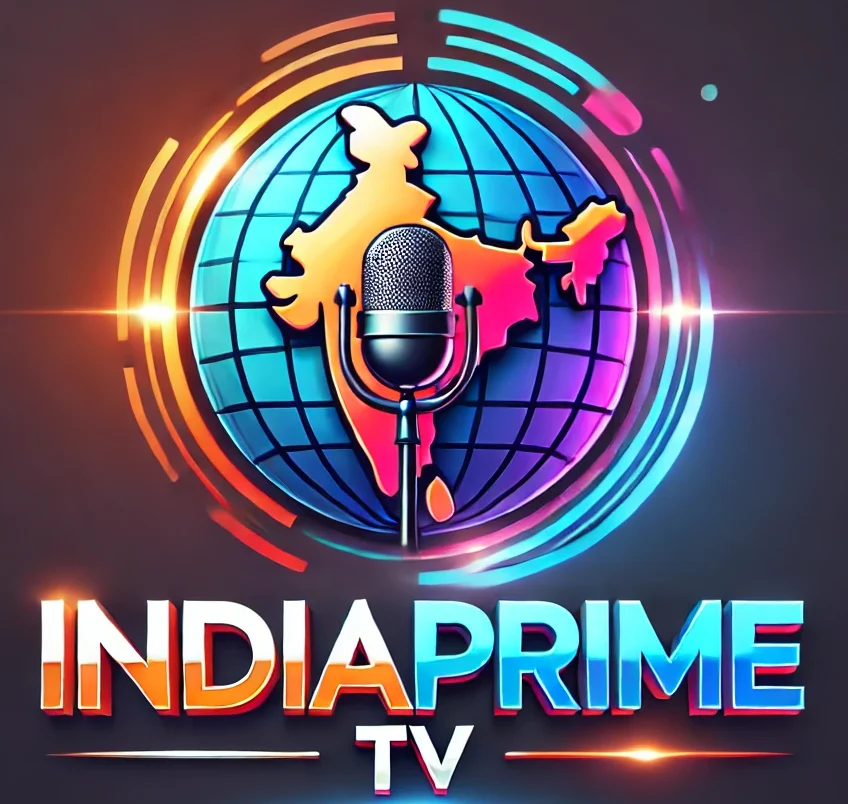
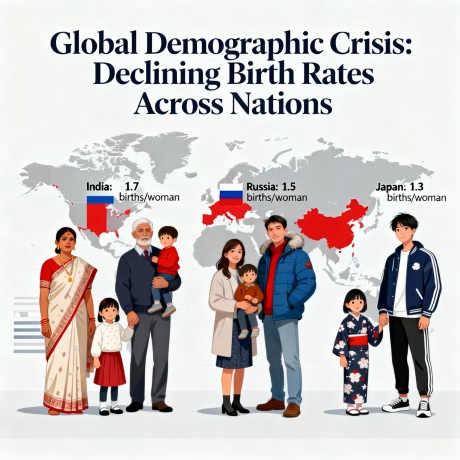
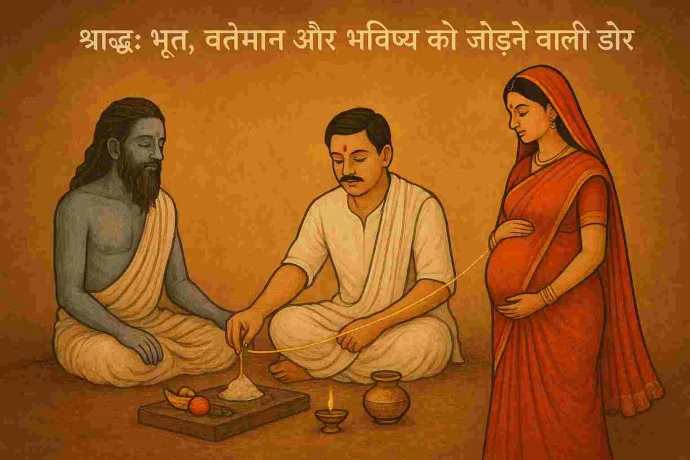
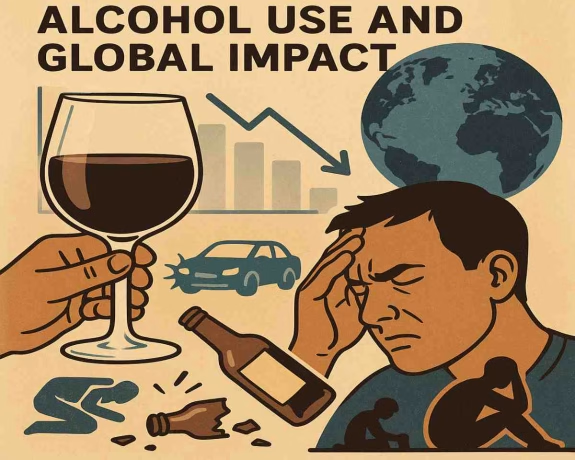
One thought on ““Ashwini Vaishnaw’s Digital Vision: Will india-conduct-a-caste-census?”